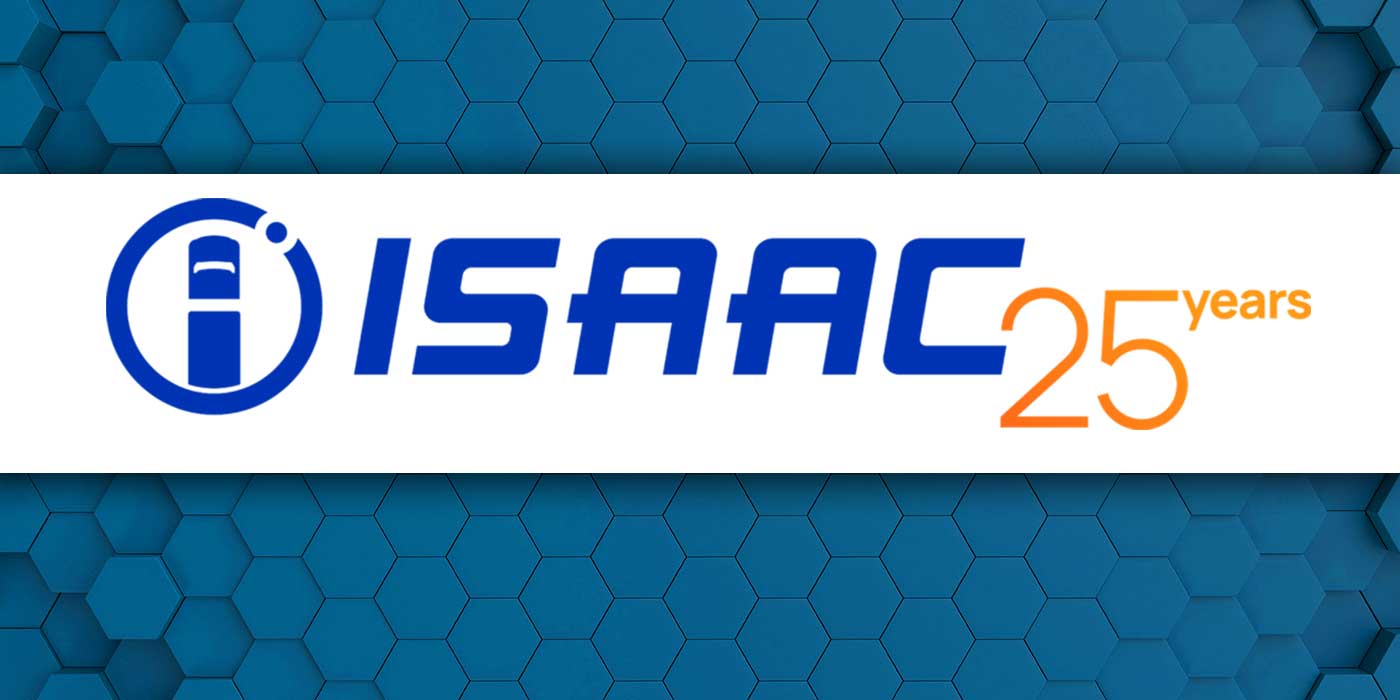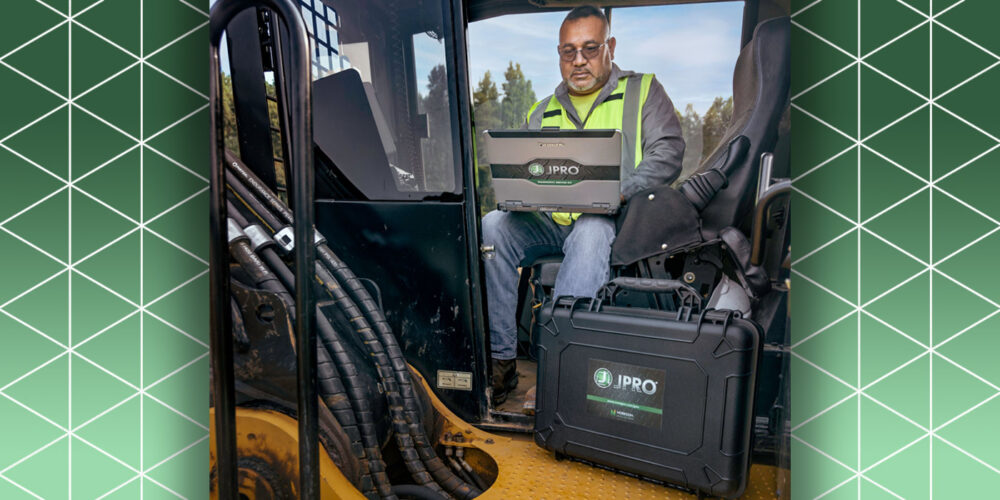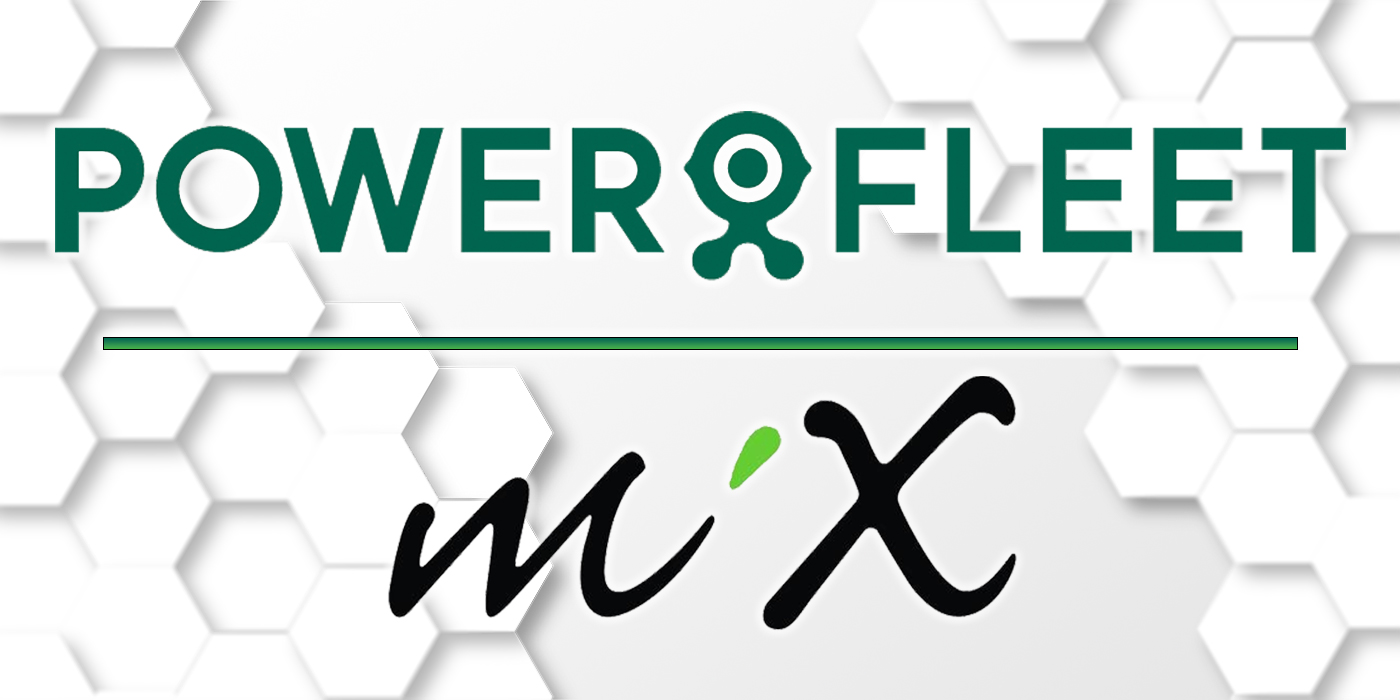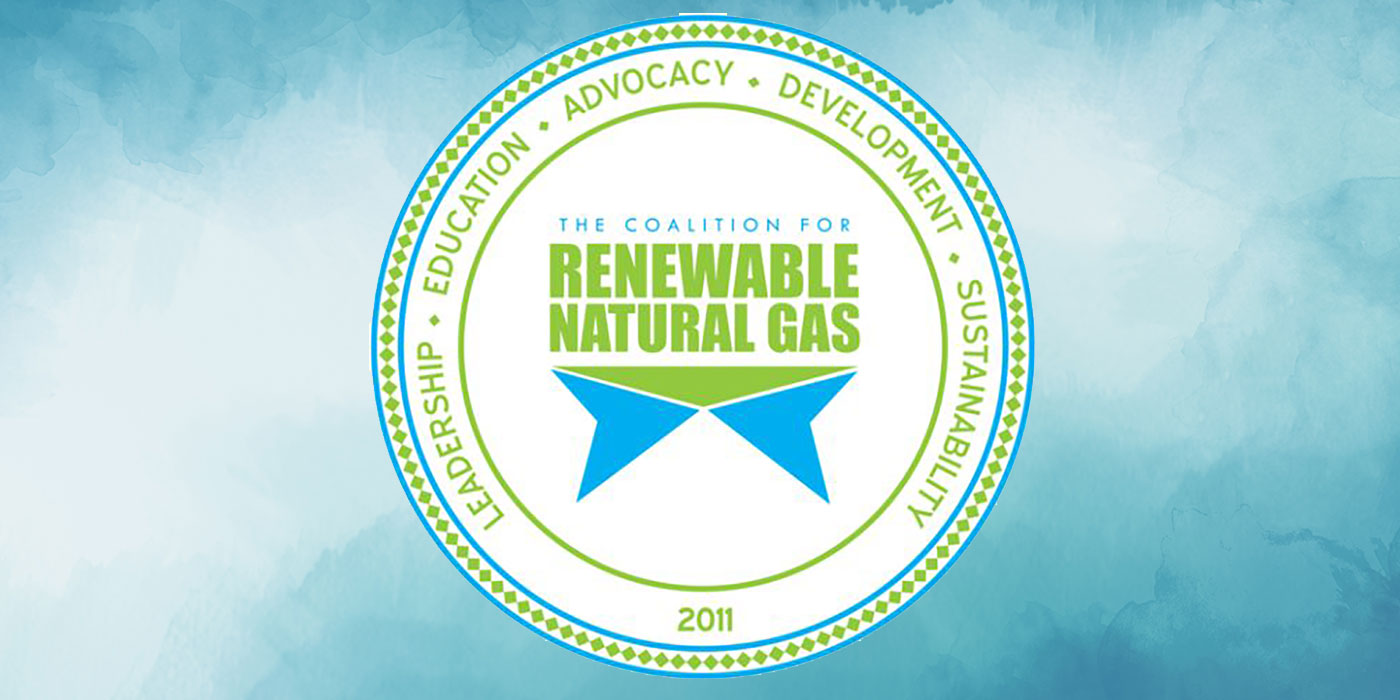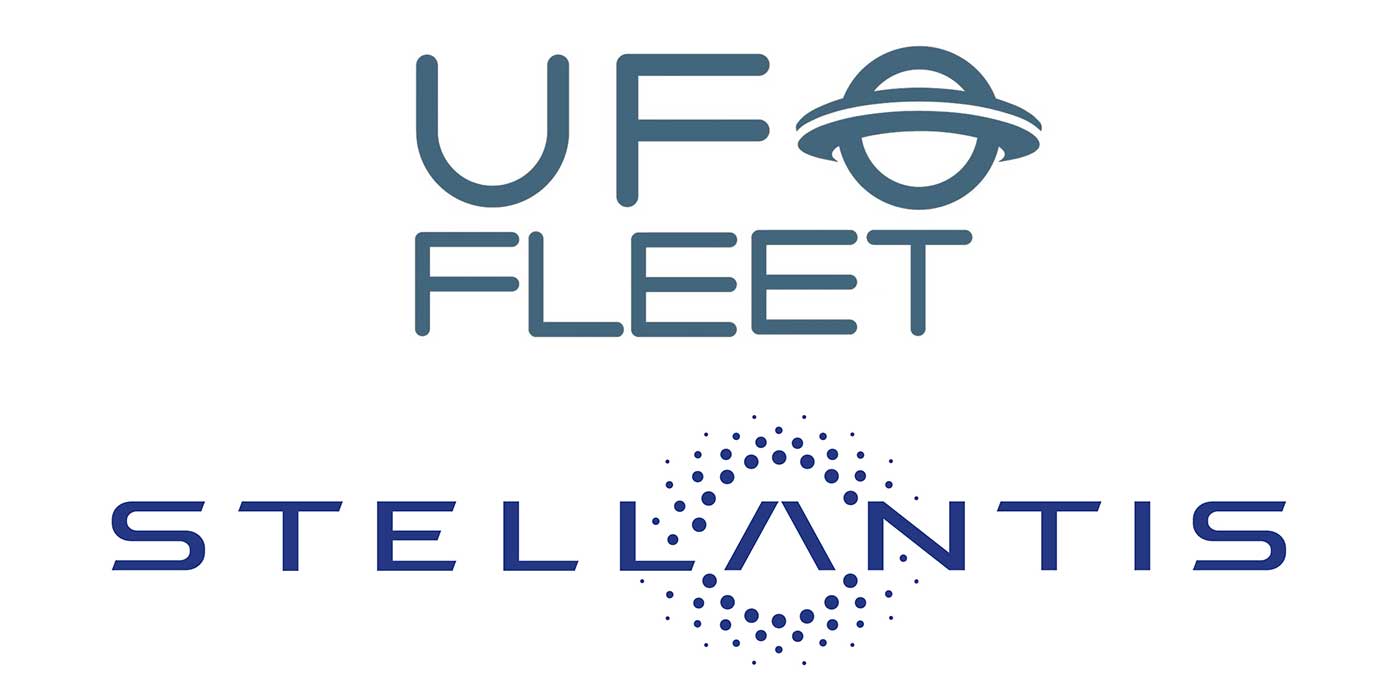When Shell announced that it was getting into the truck telematics game with a focus on fuel savings, the big question that came to mind was pretty predictable (and serves as a catchy headline).
“One of the biggest fuel-saving potential areas that I see is driver efficiency—whether that be idling, fast starts, harsh braking, or speeding,” said Tim Murray, U.S. sales director, Shell Fleet Solutions. “To extract that value, to even get a fuel efficiency percentage of it, fleets need to do a few things well. They need to partner with somebody they can trust–who’s going to be with them not only to solve today’s problems, but problems that they may have down the road. Once you do that, one of the big things I’ve found in a lot of the pilot tests that we’ve done is that implementation training and ongoing support can’t be underestimated.”
Like many things in life, consistency is key. It’s what makes a professional a professional. Anyone can implement a system and call it a day, but a professional needs to continually hone his or her craft. As data seeps into the foundation of fleet management, understanding the ongoing management process of using that data is the only way fleets can reap the long-term ROI. Yes, it’s hard work, but you don’t have to go it alone, as Murray pointed out.
“I’m really shocked by how many fleets say, ‘We’ve implemented this competitive product, but we don’t really use it the way it should be used,’ and when I ask why, it’s either that the implementation wasn’t done right or the training, and that ongoing support wasn’t there. That’s how Shell is differentiating ourselves,” he said. “Whether you’re talking about telematics or fuel cards or any mobility services, our folks stay with the customers through the sales and implementation process and then continue to drive those longer relationships, and we do that in all of our businesses.”
You know better than anyone that stuff happens—trucks go down, load details change—but when it comes down to it, your job is to get the loads where they need to go. The goal is to do that as efficiently as possible, but sometimes, perhaps more than we’d like to admit, the feeling is that “good” is probably good enough. Yet, as competition increases, any fleet that can gain an edge positions itself on more solid footing to take the next step. So how do you do it? Even if you care greatly about fuel savings, how do you implement a system that others in your organization will care enough about to utilize as well?
Murray had some ideas on that.
“What we’ve seen in our business is that by staying close with the customers, learn the granular details of reporting, for example. Shell offers 68 different reports, but does anybody know how to use any of them?” Murray said. “Our team knows what those reports are and they learn how to explain them to fleet customers. They become teachers. They see the top five reports that all the fleets are using and that type of knowledge base continues to benefit customers.”
Showing sustainability
One of the more forward-looking reports that Shell has developed is a carbon-reduction calculator. Electric trucks and hydrogen-electric powertrains might be grabbing the sustainability spotlight, but in the near-term, fleets will continue to rely on diesel to get the job done. Being able to show your fleet’s capabilities in lowering your carbon emissions through things like the aforementioned driver efficiency training can start you down the path of your sustainable energy transition.
“As you think about the energy transition and the development of new and different types of fuels for carbon reduction, fleets will feel more societal and government pressure to track that and report their efforts,” Murray said. “I was super excited to see that we have a carbon reduction calculator on our dashboard now. If you’re a fleet that is getting into that space, the expansion of those tools and the linkage to the energy transition, whatever that may look like in the next five to 10 to 20 years, an integrated telematics product is needed if you’re going to be in the game.”
If you’re thinking to yourself, “Wait a minute. Isn’t Shell one of the largest producers of diesel fuel in the world?” They are, but as Shell has noted, it’s first and foremost an energy company that has its hands in electric truck charging through Greenlots, a member of the Shell Group and provider of electric vehicle (EV) charging and energy management solutions, and is on record with its interest in hydrogen fuel for long-haul commercial applications.
From Murray’s view, all fuel sources add up in the carbon reduction equation.
“Let’s say you reduce your fuel consumption by 4% through efficiency gains and that represents X gallons,” Murray began. “Those gallons, if it’s gasoline or if it’s diesel, can be calculated into the amount of carbon emissions’ avoidance.[i.e. How much carbon would that 4% fuel efficiency increase save?] So that’s the starting point. Where it leads and maybe the next iteration of these types of dashboard tools is about what you could save if you used EV, if you used hydrogen, if you used renewable biodiesel.
“Fleets will be looking at their mix of vehicles and their mix of fuel types based on use case. In the future, I would see it evolving into something that goes into a TCO calculation where the carbon emissions piece becomes a big part of that,” he said.
Bringing the data together
Shell’s foray into the truck telematics game is via a partnership with Geotab, leveraging Geotab hardware to bring data into Shell’s dashboard. “I’m really happy about the way we’ve progressed very quickly, the way we worked with Geotab to expand the product and really refine that roadmap going forward,” Murray noted, and also stressed that this was just the beginning. Shell’s interest in telematics runs deep.
“We have 15 ideas a week about how we integrate with other telematics platforms, and I would say we have far more requests than we have time and money and people to do, which is a great problem to have,” he explained. “We do have plans to further develop [our platform]. One thing we’ve definitely learned in all the products that are in the fleet solution space is that it’s only a priority if you make it a priority.”
From your point of view as a fleet manager, making data-driven decisions a priority and partnering with the right people who understand your business and will stand by you through the long haul is key to making any new system work for you.



